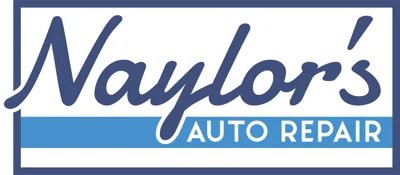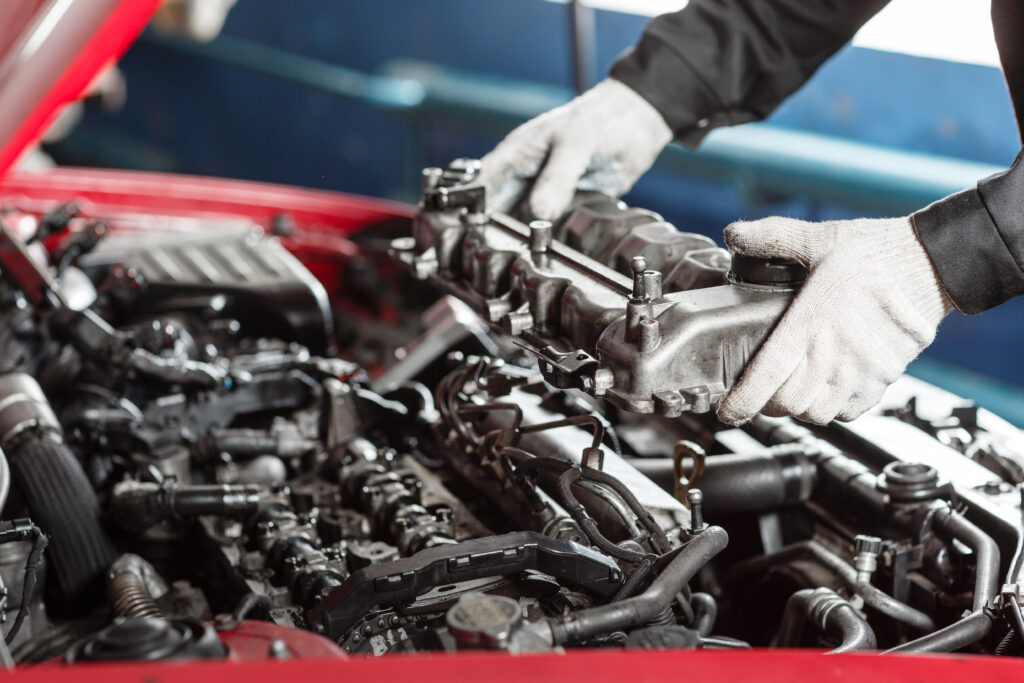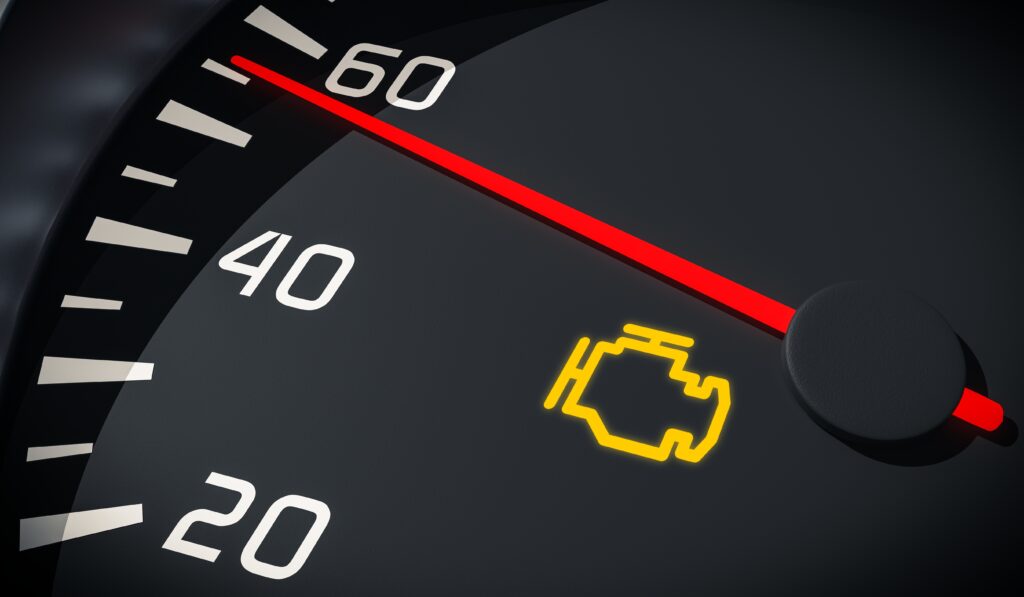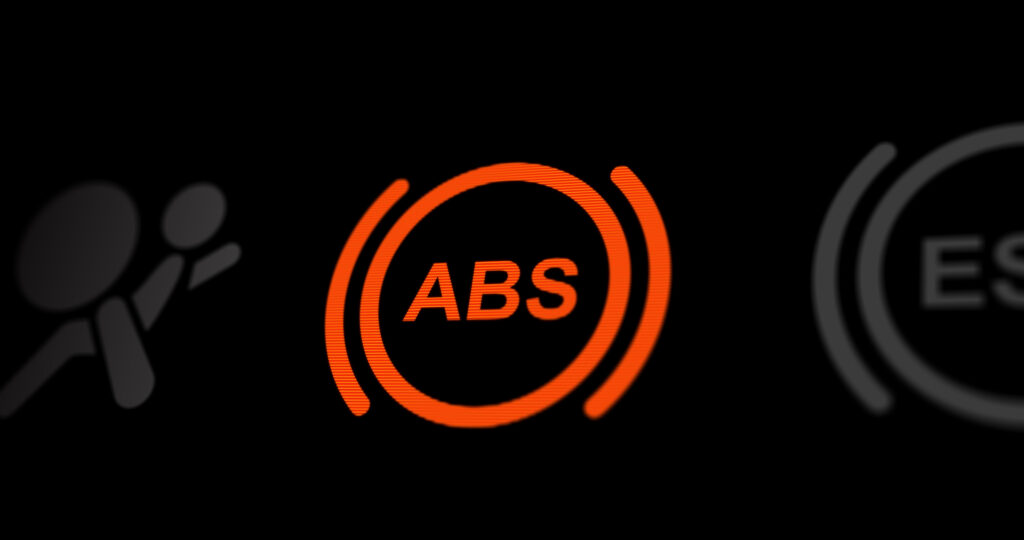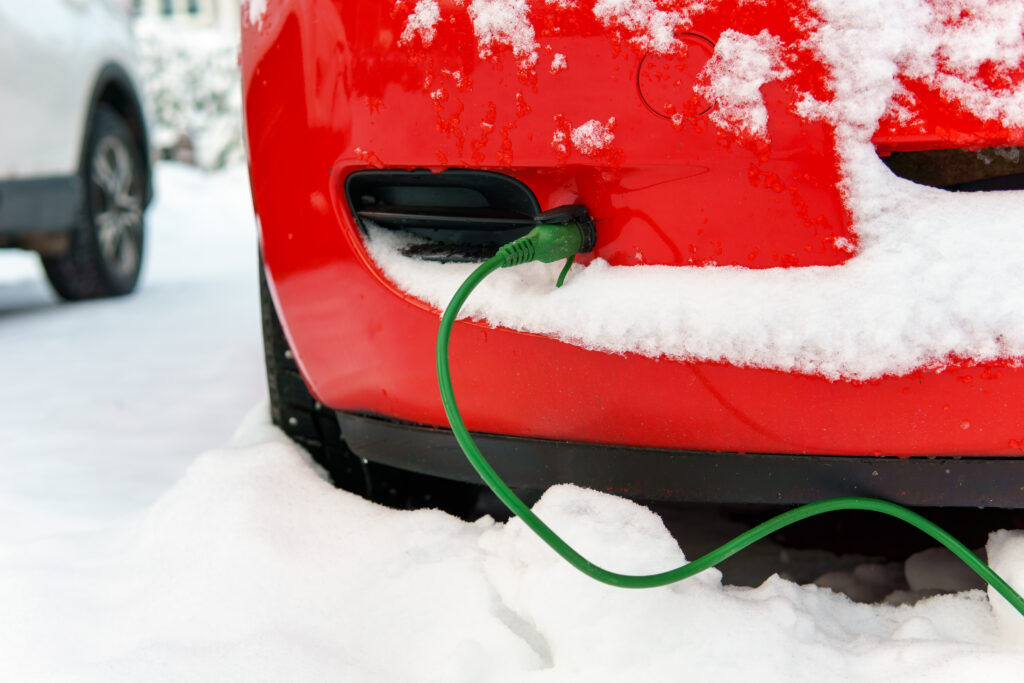We all know by now that year-round vehicle maintenance is imperative. However, making sure your car—and specifically your brakes—are ready to hit the road during the winter months is crucial. Maintaining your brakes can help avoid costly repairs and disruptions to your life.
Cold weather brings the opportunity for fun winter activities like skiing, sledding, and sipping hot cocoa at your favorite coffee shop. They also likely require you to use your vehicle to get there. Keeping your car in shape and you off the side of the road covered in slush are keys to an enjoyable winter driving season.
How often do I need my brakes checked in Winter?
You need your brake pads and rotors functioning properly for safe and effective braking on wet and icy surfaces. Plus, failing to maintain brake pads can result in replacing rotors sooner, which is a costly repair. It is often recommended to have your brakes checked twice during the winter months. Once at the beginning of the season and once in the middle after your car has seen inclement weather. It may seem excessive but, over time, cold winter conditions can wreak havoc on your brake system.
In addition to the normal hazards of the road in the winter months, during adverse weather conditions, your brakes are under far more strain than they normally would be. A combination of moisture, friction, and worn parts can lead to some noticeable brake problems in cold weather.
Most Common Winter brake problems
Problem #1: Rust Due to Snow and Ice
Snow quickly becomes liquid when it comes into contact with a warm vehicle. When you park your car after a full day of dashing through the snow, water remains on your brake components. After days (or months) of winter, rust begins to form. The rusting process can also be accelerated by road salt. When there’s excessive rust on your brake components, you may notice that your brakes squeal, squeak, or lose power. You may also be able to visually inspect the brakes and notice rust spots and discoloration on the rotors if it has progressed.
If possible, avoid leaving your car parked outside for extended periods of time to help prevent the growth and spread of rust in your braking system.
Problem #2: Heat from Excessive Braking
When there is snow and water on your brake pads, it forces you to apply higher braking pressure than usual when operating your vehicle. When you apply more pressure your braking system can get hot in a hurry, and potentially overheat. Heat wears down brake components fast, which may reduce brake responsiveness and create squeaky brake sounds. This can be especially treacherous on snowy or icy roadways. Always attempt to brake smoothly and avoid riding the brakes.
Problem #3: lines Weakened by Cold
Cold weather can make plastic car components, like brake lines, brittle. This is more common in older vehicles with exposure to the elements over time. Water can seep into damaged or cracked brake lines, which is a big problem since water freezes at 32°f, a much higher temperature than the freezing point of brake fluid (-40 degrees).
Damaged brake lines plus watered-down brake fluid are a 1-2 punch to your stopping capacity. You may have this problem if you notice your brakes take longer to “let up” and allow you to accelerate even after taking your foot off the pedal.
Problem #4: Road Salt on the Undercarriage
Harsh winters can lead to car problems even after spring has sprung. Winter driving can result in a buildup of road salt. While everyone appreciates making for safer roadways, road salt accelerates undercarriage rust and corrosion, leading to damaged vehicle parts like the exhaust system, brake pads, and muffler.
Corrosion isn’t just unsightly, either. It can cause a variety of sticky situations, like a frozen emergency brake, a rattling muffler, and decreased acceleration or braking power.
Rely On Naylor’s Auto Repair For Your Car Maintenance Needs
Winter weather conditions are tough on your vehicle. Dealing with car trouble is bad enough. Having brake trouble can be loud and obnoxious and down-right scary. Dealing with car trouble in bad weather can be a complete nightmare. We want your vehicle to be in its best shape so that you are as safe as can be on the road. When your vehicle needs servicing, come see us!
